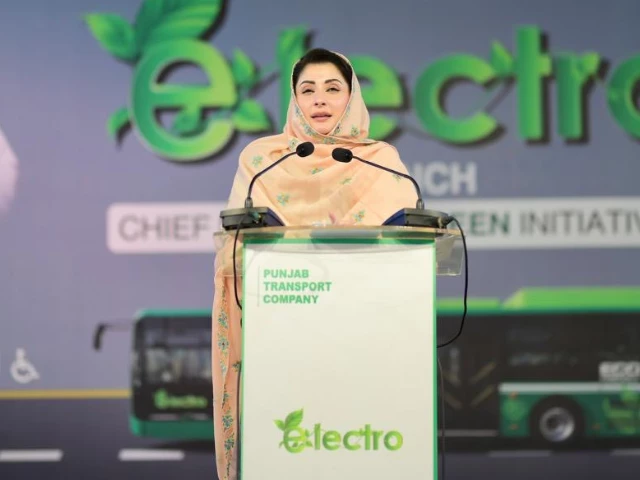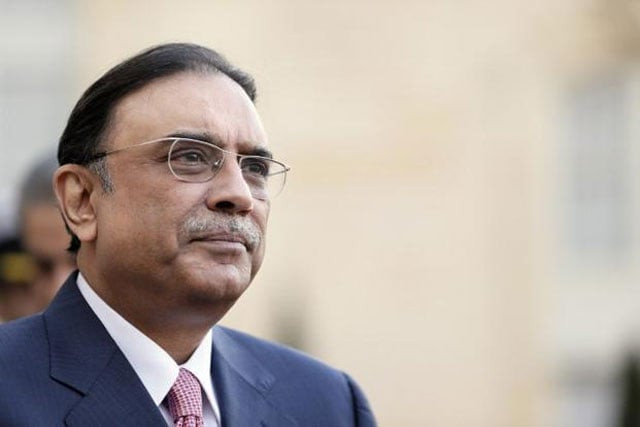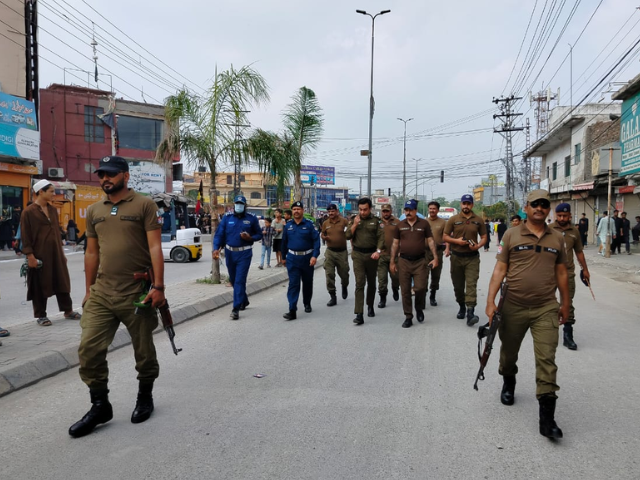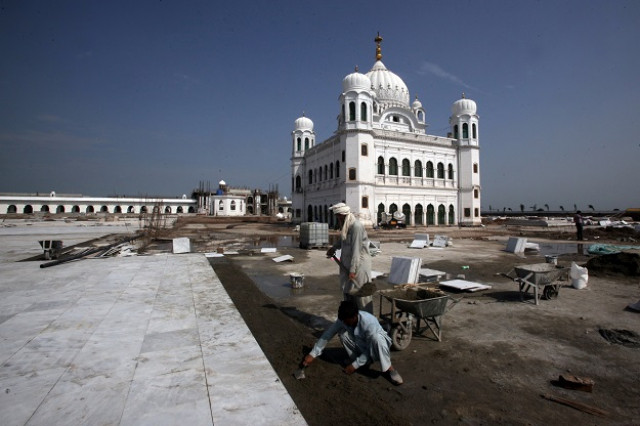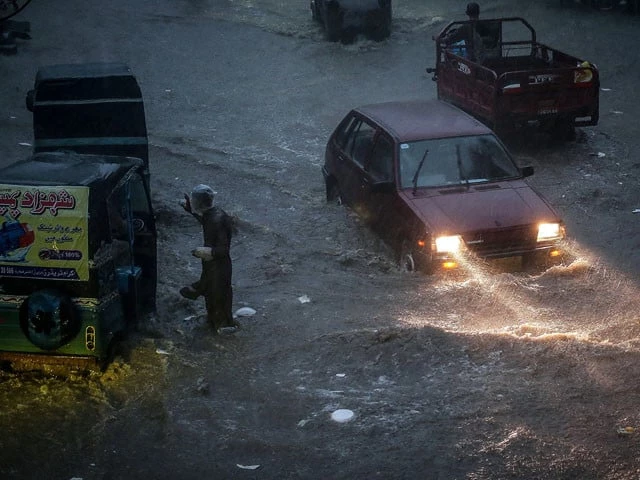Punjab’s Resilience: CM Maryam Nawaz on Flood Relief and Future Innovations
In a recent speech, Punjab Chief Minister Maryam Nawaz addressed the pressing issues stemming from the historic flooding that has hit the province. Rejecting calls for international aid, she confidently asserted that the provincial government is equipped to manage the crisis independently. “I am Nawaz Sharif’s daughter. I will not beg,” she stated, emphasizing a commitment to self-reliance in these challenging times.
The disastrous rainfall over the past four months has caused unprecedented damage, and Maryam didn’t hold back in calling out the Pakistan Peoples Party (PPP) for what she characterized as politicizing the natural disaster. Specifically, she criticized PPP Chairman Bilawal Bhutto Zardari for meddling in Punjab’s affairs when he should focus on his own province. “Keep your advice to yourself,” she stated, fostering a tone of unity and determination for her province.
In her address, Maryam revealed that her administration had not sought any financial assistance from the federal government, stating, “I haven’t taken or even asked for one rupee from the prime minister.” This assertion reinforced her government’s stance on resource management, as she committed to compensating flood-affected families with significant financial aid, particularly highlighting the inadequacy of the Benazir Income Support Programme.
But it wasn’t all about addressing flood relief. Maryam also celebrated a significant step towards modernization in the region by launching the first-ever electric bus service in Dera Ghazi Khan. The initiative aims to enhance public transportation across South Punjab, deploying 101 new buses equipped with modern amenities like air-conditioning, Wi-Fi, and accessible features for disabled individuals. The service promises free rides for women, students, and senior citizens, showcasing her administration’s commitment to welfare and inclusivity.
She urged the public to treat these buses as their own, saying, “These buses belong to the people. Keep them clean and safeguard them.” This sentiment highlights the importance of collective responsibility in community resources.
Maryam’s approach is not just about immediate relief; it’s also about laying down a vision for the future. With her focus on infrastructural projects and social welfare, she is painting a comprehensive picture of governance that seeks to uplift not just the city centers, but also the underserved areas of South Punjab.
As we look toward the future, it’s clear that leadership grounded in empathy and innovation can make a significant difference in the lives of many. Whether it’s through the response to floods or the introduction of progressive transportation, Punjab is on a path toward resilience and growth.
For those interested in further discussions around governance and community welfare, connecting with passionate thinkers can be immensely valuable. Platforms like Pro21st offer a space for engagement and exchange of ideas that help shape our shared future.
At Pro21st, we believe in sharing updates that matter.
Stay connected for more real conversations, fresh insights, and 21st-century perspectives.

